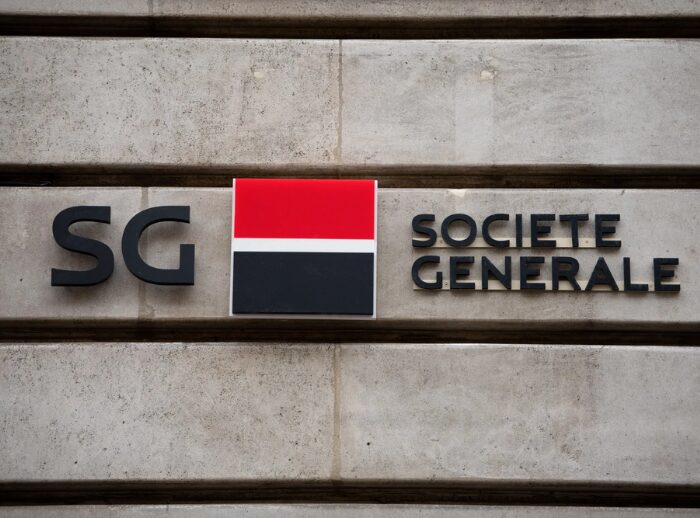 By Staff Writer
By Staff Writer
SocGen Australia fined A$3.88m for failing to stop suspicious trades in electricity and wheat futures.
ASIC says the firm ignored repeated warnings, calling its lack of action “reckless.”
The case is part of a wider crackdown on manipulation in Australia’s energy and commodities markets.
The Australian Securities and Investments Commission (ASIC) has hit Societe Generale Securities Australia (SocGen) with a A$3.88 million fine for failing to stop suspicious trades in the ASX 24 electricity and wheat futures markets. The penalty, issued by the Market Disciplinary Panel (MDP), follows an investigation into 33 trades placed between May 2023 and February 2024.
ASIC’s investigation found that SocGen allowed clients to engage in “marking the close.” This is a practice where orders are placed in the final minutes of trading to influence daily settlement prices. Regulators had contacted the firm five separate times in 2023 with notices and warnings, but SocGen failed to take effective action to prevent more suspicious orders from being placed.
Joe Longo, ASIC Chair, said the case goes to the heart of market trust:
“This is about integrity and confidence in our markets that can have real world impacts on electricity and wheat prices. Despite ASIC’s contact, SocGen failed to take timely and effective action, and permitted additional, suspicious orders to enter the market. SocGen’s lack of response and inadequate remediation were made more significant because they are the second largest participant in the ASX 24 Market.”
Settlement prices in futures markets directly affect funding costs for energy suppliers and wheat producers. Any manipulation can ripple through to the wider economy, potentially impacting consumer prices.
The suspicious orders came during a period of global market volatility, driven by disruptions like the Russia–Ukraine conflict. According to ASIC, these conditions were exploited by traders, making gatekeeper oversight more important than ever.
With SocGen handling nearly 12% of all ASX24 trading volume as of June 2023, its role in safeguarding market integrity is significant.
The panel described SocGen’s systems as lacking the training, skills and the tools needed to properly monitor client activity. The failure to act after repeated warnings was labelled “reckless.”
Joe Longo stressed the importance of effective gatekeeping:
“Market gatekeepers have a duty to keep our markets safe. They have direct visibility over client trading and can prevent orders from being placed on the market. Missing suspicious orders puts the entire system at risk. Companies like SocGen must have appropriate preventative and detective tools and controls, including people with the right expertise as well as surveillance software, to ensure compliance.”
This case is not an isolated one. ASIC has made misconduct in electricity and commodity derivatives a top priority since 2023. In just 15 months, several major firms have faced enforcement action:
Macquarie Bank fined A$4.995m in September 2024.
J.P. Morgan Securities Australia fined A$775,000 in May 2024.
Delta Power & Energy (Vales Point) facing civil penalties for alleged electricity futures manipulation.
COFCO International Australia also facing proceedings for alleged wheat futures manipulation.
SocGen has paid the A$3.88m fine but did not contest the findings. Under Australian law, compliance with the infringement notice does not amount to an admission of guilt.